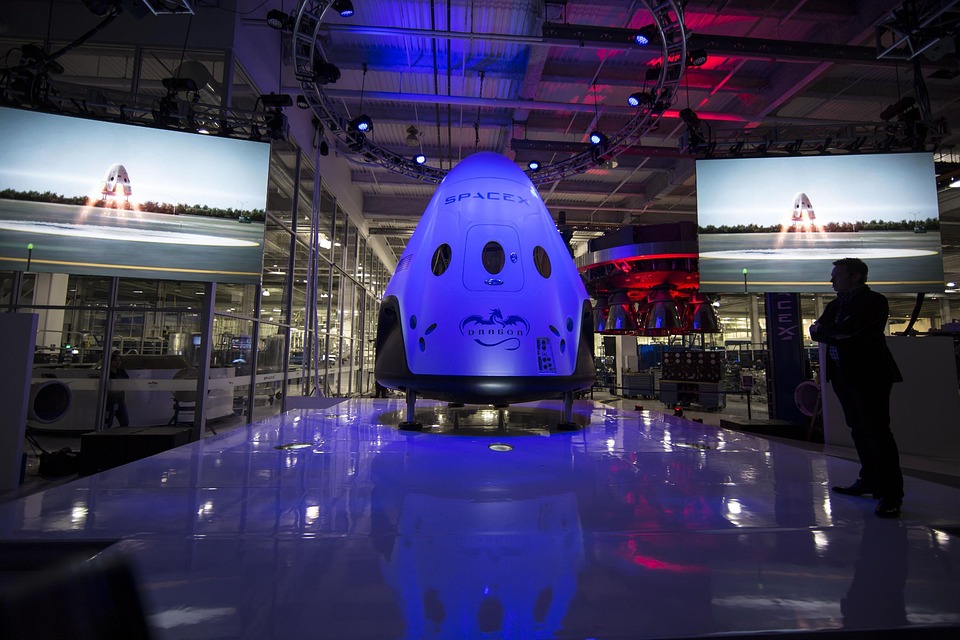The Impact of SpaceX on Global Space Policy and Commercial Launches
In recent years, SpaceX, founded by Elon Musk in 2002, has transformed the landscape of space exploration and commercial rocket launches. With its innovative technology, ambitious goals, and commitment to reducing launch costs, SpaceX has influenced global space policy and redefined the commercial launch market.
A New Era of Private Spaceflight
When SpaceX launched the Falcon 1 in 2006, it became the first privately funded liquid-fueled rocket to reach orbit. This milestone marked the beginning of a new era in spaceflight where private companies could compete with national space agencies. The success of subsequent launches, including the Falcon 9 and Falcon Heavy rockets, solidified SpaceX’s position as a leader in the commercial space industry.
Cost Reduction and Increased Access
One of SpaceX’s most significant contributions to global space policy has been its ability to dramatically reduce launch costs. By introducing reusable rocket technology—specifically with the Falcon 9, which can land and be refurbished for multiple launches—SpaceX has lowered the price per kilogram to orbit. This has made space more accessible not only for government agencies but also for private enterprises and international organizations. Consequently, countries with limited budgets for space exploration have been able to consider launching their satellites into orbit, creating a more democratic approach to space access.
Influence on Global Space Policy
SpaceX’s success has prompted governments and space agencies worldwide to rethink their strategies regarding space exploration. Traditional players like NASA, ESA (European Space Agency), and Roscosmos are increasingly open to partnerships with private companies, recognizing that collaboration could lead to technological advancements and cost efficiencies. The Artemis program, which aims to return humans to the Moon and eventually reach Mars, relies heavily on commercial partnerships, including contracts with SpaceX to provide transportation services.
Moreover, SpaceX has pushed for regulatory reforms in many countries. The demand for efficient launch services has led to changes and streamlining of policies surrounding space regulation, particularly in the United States. The Federal Aviation Administration (FAA), which oversees commercial launch licensing, has begun to adapt its processes to accommodate the rapid pace of innovation in the private sector.
National Security and Geopolitical Implications
As SpaceX and other private companies gain prominence in launch services, the implications for national security and geopolitical dynamics are profound. Nations are now considering the role of private space companies in their defense strategies. Countries like India and China are investing in their commercial space capabilities to remain competitive. The rise of private companies may influence global alliances and partnerships in the realm of space exploration.
The Emergence of a Competitive Landscape
SpaceX has not only established itself as a leader but has also catalyzed the emergence of competitors. Companies like Blue Origin, Virgin Galactic, and Rocket Lab have joined the commercial space race, inspired by SpaceX’s achievements. The increased competition has led to more innovation, further driving down costs and improving technologies.
This competitive landscape has shifted the focus from merely launching payloads to developing new services—like satellite Internet through SpaceX’s Starlink constellation, which aims to provide global broadband coverage. Now, companies must also consider how they can differentiate themselves in a rapidly evolving market.
Sustainable Practices and Environmental Impact
In addition to cost and accessibility, SpaceX’s influence extends into environmental considerations. The space industry has faced increasing scrutiny over its environmental impact, and SpaceX has taken strides to address sustainability issues. The development of reusable rockets, for example, aims to minimize waste and lower the carbon footprint associated with launching satellites. The conversation around sustainable practices will likely shape the policies and standards that govern future space endeavors.
Conclusion
SpaceX has undeniably impacted global space policy and commercial launches through its innovative technology, cost-effective approaches, and ambitious vision for the future. As the company continues to evolve, its influence will likely shape not only how space is accessed but also the broader landscape of international cooperation, competition, and governance in space. The implications for future exploration, technological advancement, and international relationships are vast, ensuring that the legacy of SpaceX will resonate for years to come.



